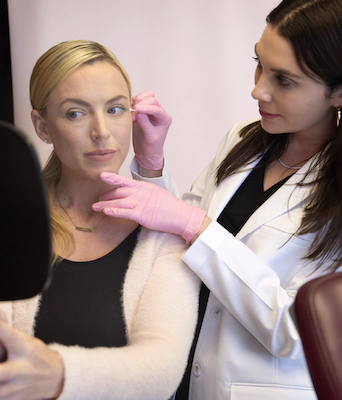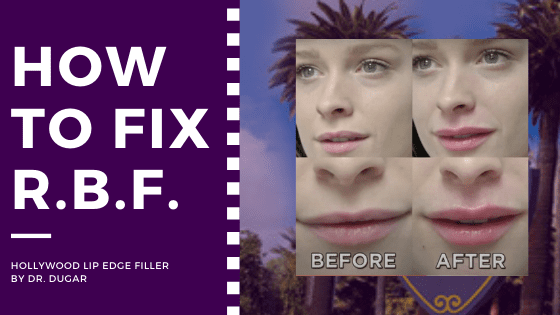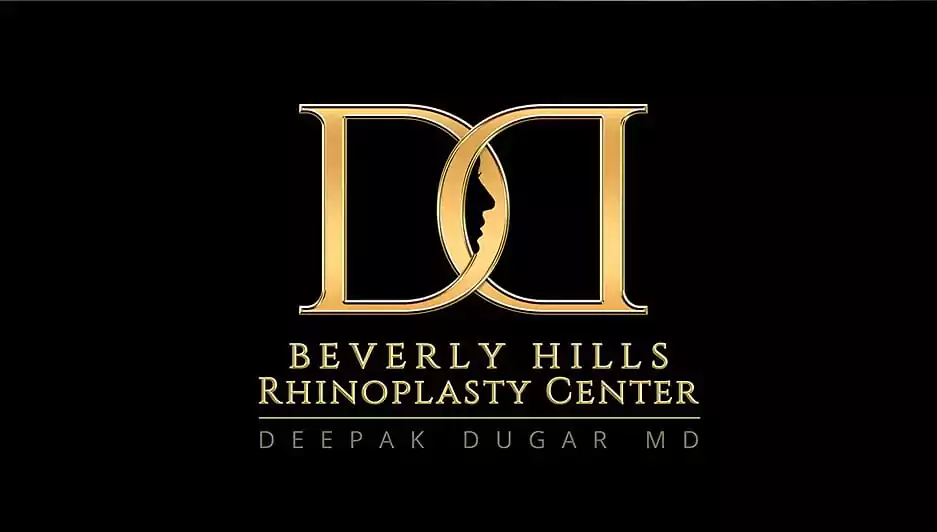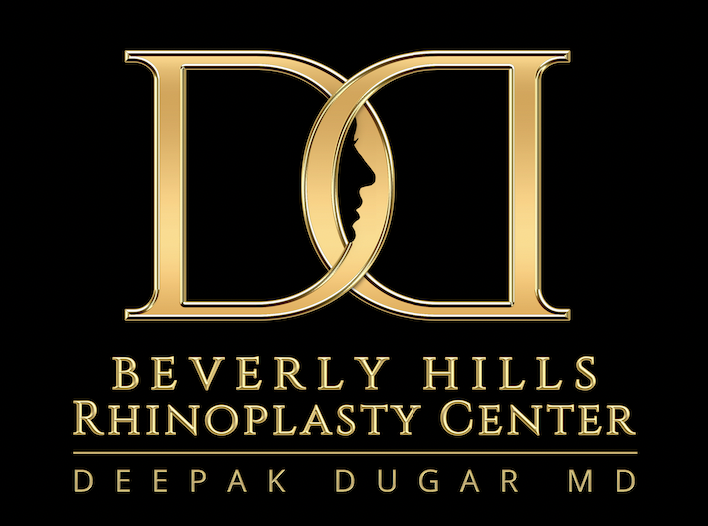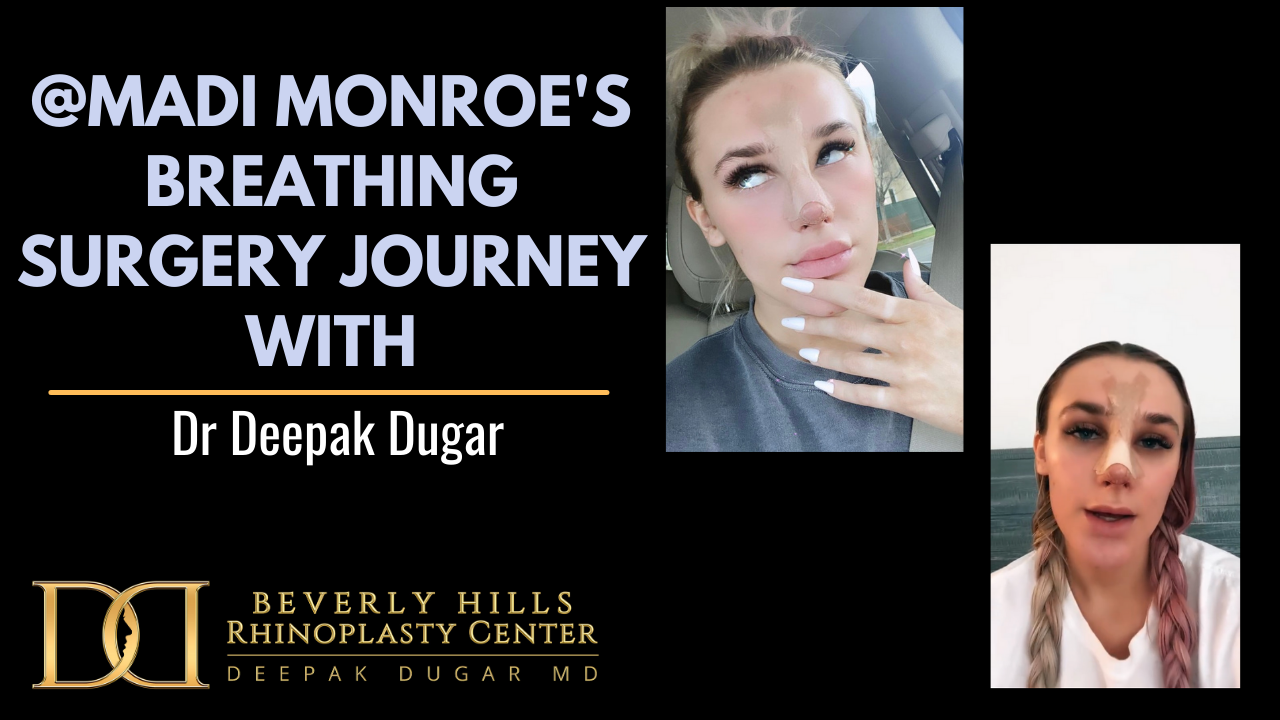Neuromodulator treatment: Does Botox Mess Up Your Face? Let’s Discover the Risks!
Not if it is injected properly. Botulinum toxin also known as Botox is used as a neuromodulator that reduces the appearance of fine lines and wrinkles by preventing underlying muscles of your face from contracting.
However, lack of careful administration of Botox can lead to a few consequences which include the following:
Eyelid ptosis occurs when eyelids droop due to too high of a dosage of Botox administered around the eye. Ptosis may also occur as a result of injection of the neuromodulator in close proximity of the eyebrow or eyelid area where it spreads and weakens the muscles controlling eyelid movement. Some patient’s individual anatomy is more susceptible to eyelid ptosis and lack of careful consideration from the injector or provider of their facial muscles may increase the risk of this drooping.
Excessive dosage of Botox may also result in frozen facial muscles and expressions. This frozen look may include overarched eyebrows creating a shocked appearance and an overly smooth forehead that allows for no movement while expressing. Overly smooth foreheads may also create a look of overly flattened eyebrows.
Unbalanced injections of neuromodulators or Botox may also result in asymmetry of weakened facial muscles. This includes but is not limited to a result of uneven smiling and uneven raising or drooping of the eyebrows.
The good news is that some of these complications may be corrected with additional Botox! For the case of eyelid ptosis, correction may be performed with additional injections of Botox to weaken the muscles around the eye whose hyperactivity are causing drooping.
It is important that injectors or providers avoid the muscles around the eye that lift the eyelid in order to maintain their movement. To prevent additional complications, it is highly recommended that only highly experienced and qualified medical professionals be appointed to perform these corrections.
Making necessary notation of dosage adjustments made is encouraged as it is helpful for the purpose of avoiding ptosis in subsequent Botox treatments.
For example, if a certain number of neuromodulator units caused a patient’s eyelids to droop, it is important to make note of this in order to assure the next Botox treatment consists of a lighter dosage or opposing muscle injections to counteract the drooping.Continuity of care is always helpful in this scenario, finding a qualified provider and sticking to them for your treatments consistently will allow them to build more comfort and understanding of your needs and anatomy which will prevent complications that arise from lack of knowledge.
Although additional asymmetries caused by uneven administration of Botox may be corrected with additional Botox to balance the areas out bilaterally, sometimes the best remedy is time. Botox takes about 5-7 days to kick in and take full effect amongst your facial muscles, and any complications that may arise within this treatment may arise visually within 4 days to 2 weeks post-treatment. Having your provider assess the areas you are concerned about prior to making this decision is very important, as some marginal unevenness may go away in a few days.
Despite the possibility of the occurrence of risks mentioned above, Botox does not necessarily mess up your face considering that its effects only last temporarily at the end of the day. Botox and neuromodulators differ on a case by case basis depending on dosage and anatomy but on average this treatment’s effects last 3-4 months.
Botox will not mess up your face should you decide to invest in a qualified and skilled provider to inject it in your facial muscles with care. Here at Scarless Medspa we specialize in Botox and neuromodulator injections with expertly trained facial surgeons and providers who have injected thousands of patients and will handle all your needs with care and continuity.
Beverly Hills Rhinoplasty Center™
Scarless Medspa™
Website: www.Scarlessnose.com
Phone: (310) 276-1703
Email: [email protected]
WhatsApp: +1 (310) 276-1703





